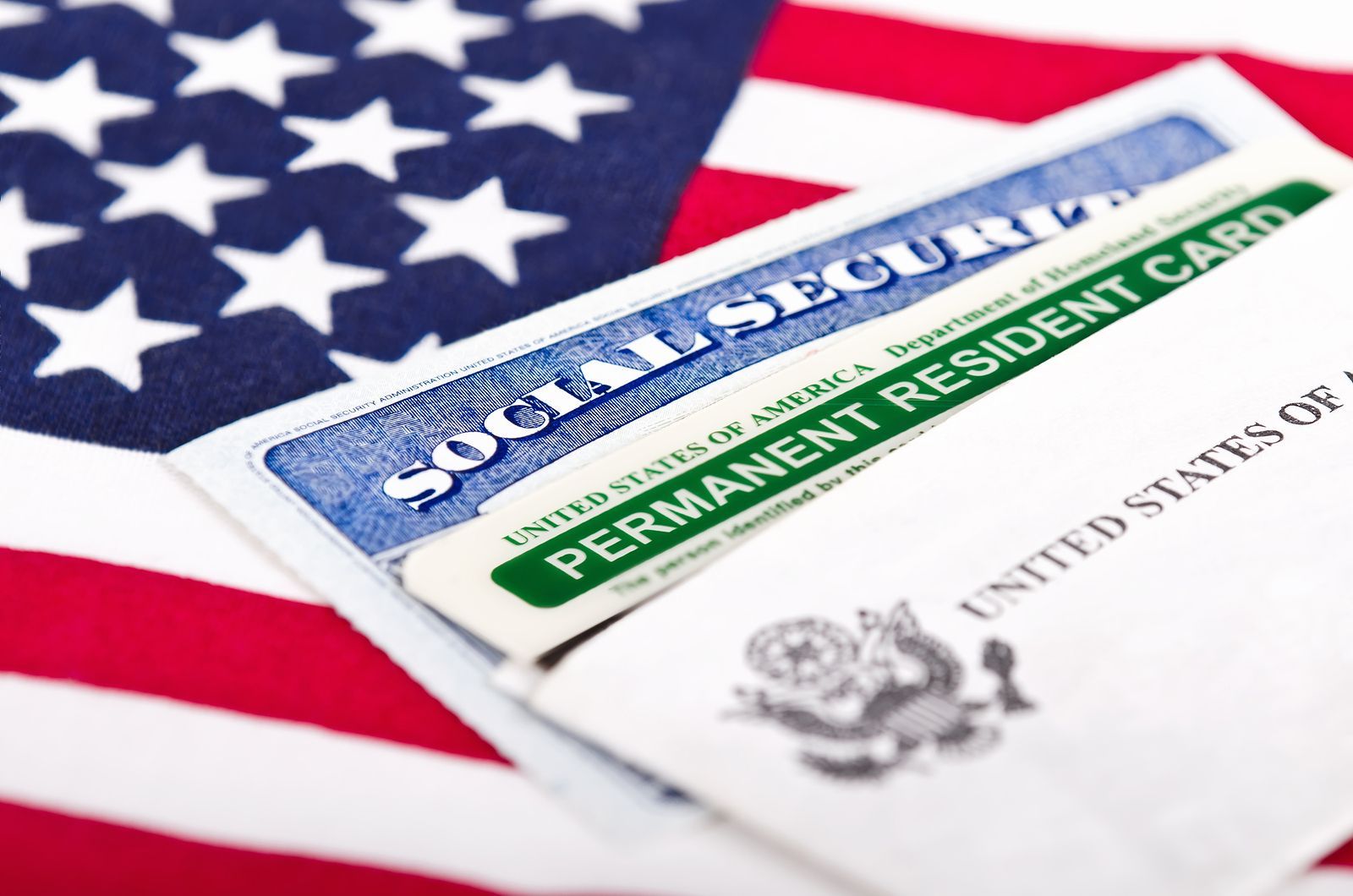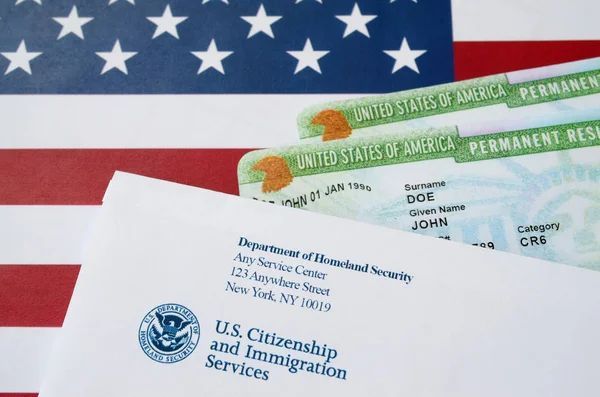🗣️ Fluent in English, Spanish & Portuguese 🌍
Unpacking the Protections of Special Immigrant Juvenile Status
In the complex tapestry of immigration law, a beacon of hope shines for minor children who have faced the dire circumstances of neglect, abuse, or abandonment by their parents. This beacon is known as Special Immigrant Juvenile Status (SIJS), a provision that recognizes the vulnerability of such children and offers them a pathway to a more secure future in the United States, potentially leading to lawful permanent residency.
What is Special Immigrant Juvenile Status?
SIJS is a legal designation in the United States that provides certain protections and benefits to foreign-born minors who have been subjected to severe forms of mistreatment by a parent. The primary aim of SIJS is to safeguard the welfare of these children, ensuring they are placed in a safer environment and are not forced to return to situations where they might face further harm.
Eligibility Criteria for SIJS
To qualify for SIJS, minors must meet several stringent criteria, which serve to ensure that only those truly in need of protection can benefit from this status. The eligibility conditions include:
- Age Limit: Applicants must be under 21 years old at the time of filing their application and when a decision is made on their case.
- Residency Requirement: They must be physically present in the United States during the filing process and when a decision is reached.
- Marital Status: Applicants must be unmarried, both at the time of filing and when the decision is rendered. Previous marriages are permissible, provided the applicant is divorced by the time they apply.
- Court Dependency: A state juvenile court must have issued an order declaring the minor as dependent on the court, under the custody of child services, or in the custody of an appointed individual.
- Reunification Impossibility: The court must determine that reunification with one or both parents is not viable due to abuse, abandonment, neglect, or a similar reason under state law.
- Best Interest Determination: The court must find that it is not in the minor's best interest to return to their country of origin.
It's crucial to note that the state court's order must explicitly include these findings for the United States Citizenship and Immigration Services (USCIS) to approve the SIJS application.
Important Considerations for SIJS Applicants
- Jurisdictional Limits: Many state courts have jurisdiction over minors only until they turn 18. Therefore, while applicants have until their 21st birthday to file for SIJS, obtaining the necessary court order might need to happen before turning 18.
- Inadmissibility Waivers: SIJS grants waivers for several grounds of inadmissibility, facilitating the path to lawful permanent residency.
- Application for Lawful Permanent Residency: Once the priority date is current and the individual meets other admissibility criteria, they can apply for lawful permanent residency.
- Restrictions on Family Petitions: SIJS recipients cannot include family members in their application and are barred from petitioning for their parents' immigration in the future. However, once they become U.S. citizens, they can petition for their siblings.
The Path Forward
The journey through the SIJS process is fraught with legal complexities and requires a nuanced understanding of both federal and state laws. For minors facing such challenging circumstances, the assistance of legal professionals who specialize in immigration law and children's rights can be invaluable. These experts can navigate the intricate legal pathways, ensuring that all procedural requirements are met and that the child's best interests are at the forefront of every decision.
SIJS stands as a critical mechanism within the U.S. immigration system, offering a lifeline to vulnerable children and providing them with an opportunity to rebuild their lives in a safe and nurturing environment. Through this status, the U.S. reaffirms its commitment to protecting the rights and well-being of children, irrespective of their nationality.

By Juan Torrico
•
January 16, 2025
Discover the latest updates on Temporary Protected Status (TPS) as new countries are added to the list, providing crucial support for individuals facing crises. Learn about eligibility, application processes, and the benefits of TPS to secure your future in the U.S.
CONTACT US
950 S. Winter Park Dr., Suite 207
Casselberry, FL 32707
PRACTICE AREAS










